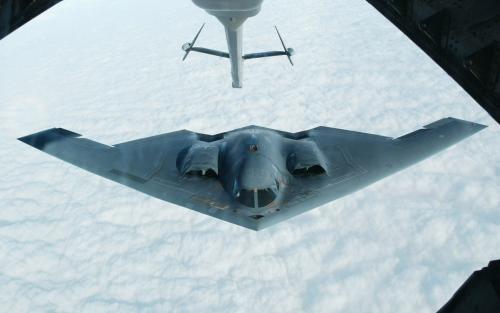Executive Summary
The events of September 11, 2001 led to large-scale examination of the American intelligence system, with many questioning whether the failure to prevent the terrorist attacks lay on the doorstep of decision makers or intelligence personnel. The questions and concerns stemming from 9/11 led to a commission of inquiry and, ultimately, passage of the Intelligence Reform and Terrorism Prevention Act, which was signed by President Bush in December 2004. Many of the provisions of the Act advanced specific structural and cultural changes, and were coupled with measures to improve the intelligence “product.” Around the time that the debate surrounding 9/11 was taking place, however, another intelligence failure unfolded. The contention that Saddam Hussein possessed weapons of mass destruction, a key rationale behind the George W. Bush Administration’s drive to war in Iraq, could not be substantiated. Again, the debate resurfaced about who—the intelligence community or the policymakers—was responsible. The underlying premise in this discussion over the American intelligence system was that structural, professional, and cultural changes had to be implemented in order to improve the way intelligence agencies perform their missions, and that within the United States, intelligence and policymaking are in fact two separate spheres.
In Israel, there was no major intelligence failure in recent years akin to those mentioned above, and policymaking and intelligence are more intertwined than in the United States. Nevertheless, in the late 1990s, Israel’s intelligence leadership felt it necessary to reform the concepts, perceptions, and practices of intelligence since existing methodologies could no longer fully address the growing complexity of the security environment and the emerging threats. While ideas for improving intelligence date back over thirty years in Israel, to the aftermath of the 1973 Yom Kippur War, the reforms in the late 1990s grew from the identification of a number of geo-strategic changes and some new understandings.
The Brookings Institution is committed to quality, independence, and impact.
We are supported by a diverse array of funders. In line with our values and policies, each Brookings publication represents the sole views of its author(s).


